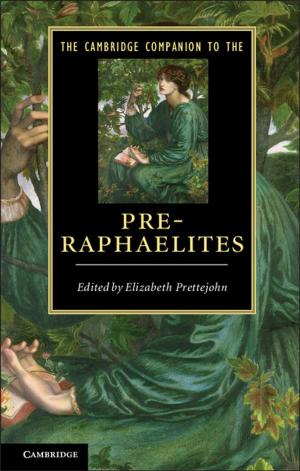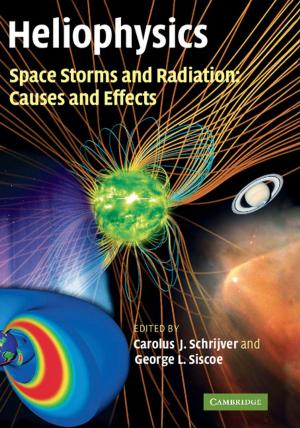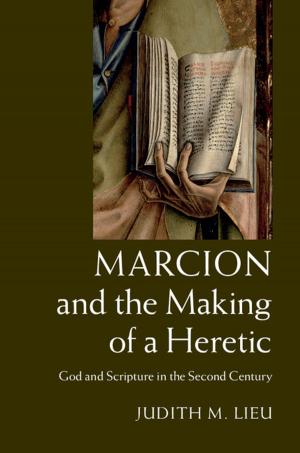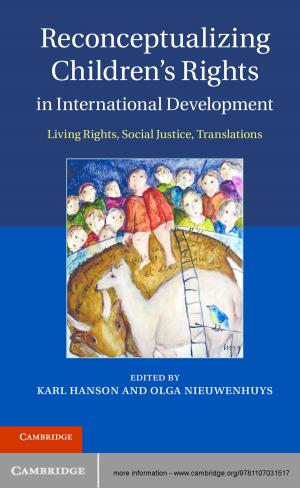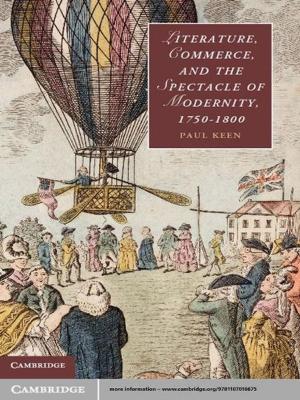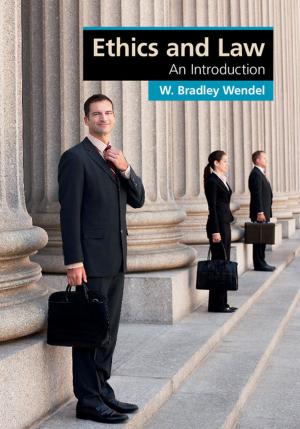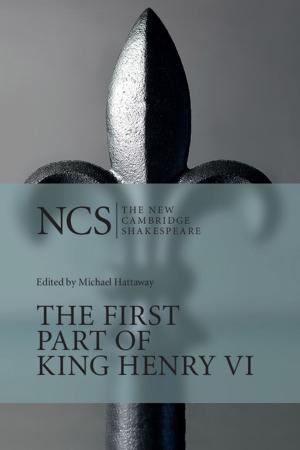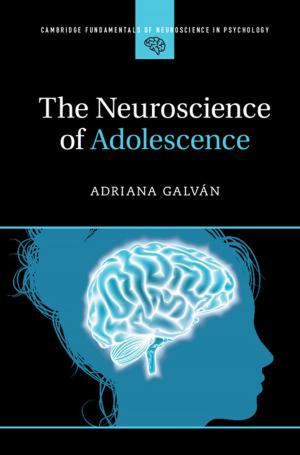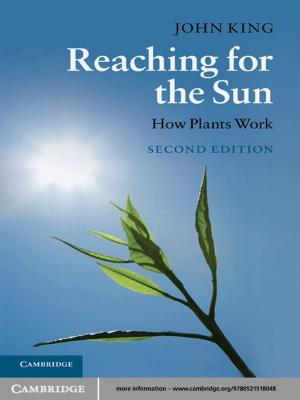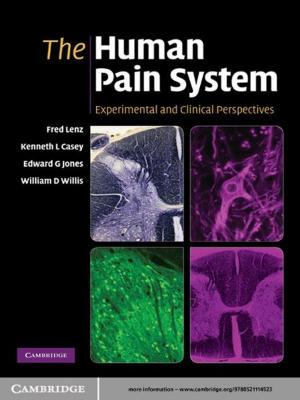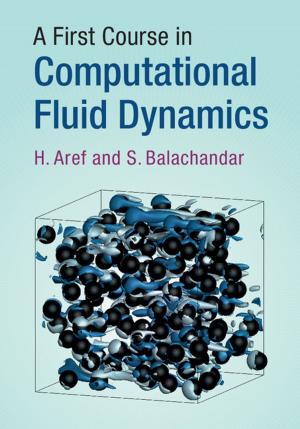Logicism and its Philosophical Legacy
Nonfiction, Science & Nature, Mathematics, Logic, Religion & Spirituality, Philosophy| Author: | Professor William Demopoulos | ISBN: | 9781139610995 |
| Publisher: | Cambridge University Press | Publication: | January 3, 2013 |
| Imprint: | Cambridge University Press | Language: | English |
| Author: | Professor William Demopoulos |
| ISBN: | 9781139610995 |
| Publisher: | Cambridge University Press |
| Publication: | January 3, 2013 |
| Imprint: | Cambridge University Press |
| Language: | English |
The idea that mathematics is reducible to logic has a long history, but it was Frege who gave logicism an articulation and defense that transformed it into a distinctive philosophical thesis with a profound influence on the development of philosophy in the twentieth century. This volume of classic, revised and newly written essays by William Demopoulos examines logicism's principal legacy for philosophy: its elaboration of notions of analysis and reconstruction. The essays reflect on the deployment of these ideas by the principal figures in the history of the subject - Frege, Russell, Ramsey and Carnap - and in doing so illuminate current concerns about the nature of mathematical and theoretical knowledge. Issues addressed include the nature of arithmetical knowledge in the light of Frege's theorem; the status of realism about the theoretical entities of physics; and the proper interpretation of empirical theories that postulate abstract structural constraints.
The idea that mathematics is reducible to logic has a long history, but it was Frege who gave logicism an articulation and defense that transformed it into a distinctive philosophical thesis with a profound influence on the development of philosophy in the twentieth century. This volume of classic, revised and newly written essays by William Demopoulos examines logicism's principal legacy for philosophy: its elaboration of notions of analysis and reconstruction. The essays reflect on the deployment of these ideas by the principal figures in the history of the subject - Frege, Russell, Ramsey and Carnap - and in doing so illuminate current concerns about the nature of mathematical and theoretical knowledge. Issues addressed include the nature of arithmetical knowledge in the light of Frege's theorem; the status of realism about the theoretical entities of physics; and the proper interpretation of empirical theories that postulate abstract structural constraints.



